Stellantis’ ACC Halts Battery Plant Construction in Germany and Italy
Pauses Driven by Slowing EV Demand and Focus on Affordable Batteries...
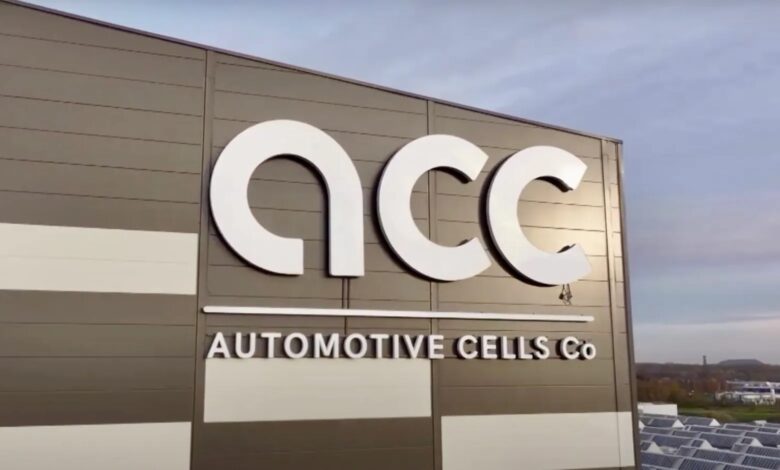
Automotive Cells Company (ACC), a battery production joint venture backed by Stellantis, Mercedes-Benz, and Saft, has announced a pause in construction on its planned battery factories in Germany and Italy. The decision comes as the company shifts its focus to developing lower-cost batteries in response to the slowing demand for electric vehicles (EVs) across Europe.
The two factories, located in Kaiserslautern, Germany, and Termoli, Italy, were part of ACC’s broader strategy to ramp up battery production for the rapidly growing EV market. However, the company stated on Tuesday that it now needs to prioritize research and development (R&D) of cost-effective battery solutions to support more affordable EVs. ACC aims to confirm its updated industrial and construction timelines by late 2024 or early 2025.
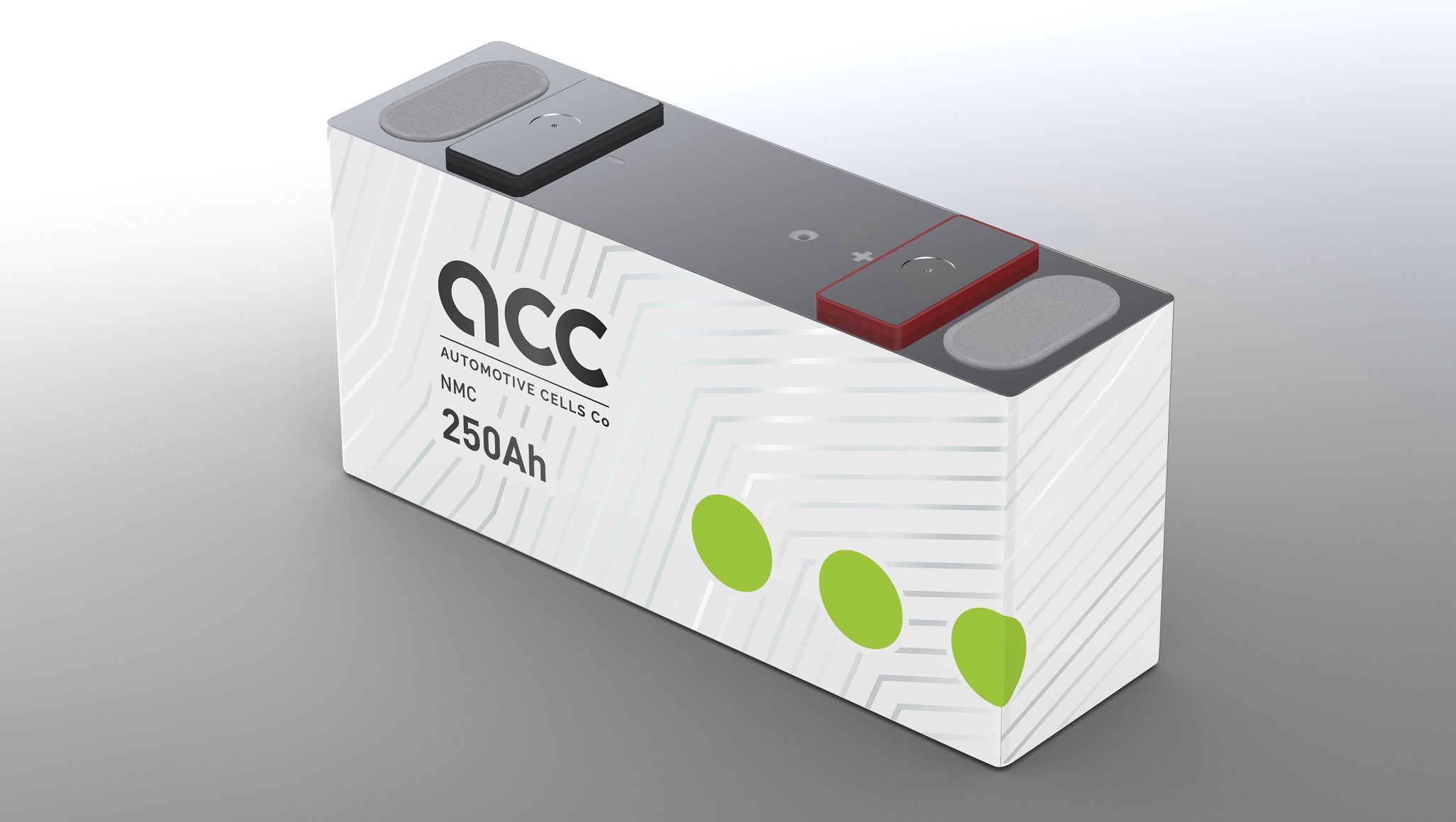
Currently, ACC is progressing with production at its first battery factory in northern France. The company, which is 45% owned by Stellantis, 30% by Mercedes, and 25% by Saft (a subsidiary of France’s TotalEnergies), has been under pressure due to the recent slowdown in Europe’s EV market. Factors such as high interest rates and reductions in government subsidies have led many consumers to opt for hybrid or gasoline-powered vehicles instead of fully electric options.
In addition to these market challenges, European automakers are facing increased competition from Chinese manufacturers. These companies are producing more affordable EVs by using lithium iron phosphate (LFP) batteries, which are cheaper to produce than the nickel-cobalt-manganese (NCM) batteries commonly used in Europe. Stellantis has already responded to this challenge by partnering with China’s CATL to build an LFP battery production facility in Europe.
Stellantis CEO Carlos Tavares addressed the situation during a recent media briefing, indicating that the company will adjust its EV investment plans based on the pace of market demand. “We are going to adjust our investment plans on EVs to the pace at which market sales of EVs grow,” Tavares said, emphasizing that Stellantis cannot control the speed at which the EV market evolves.
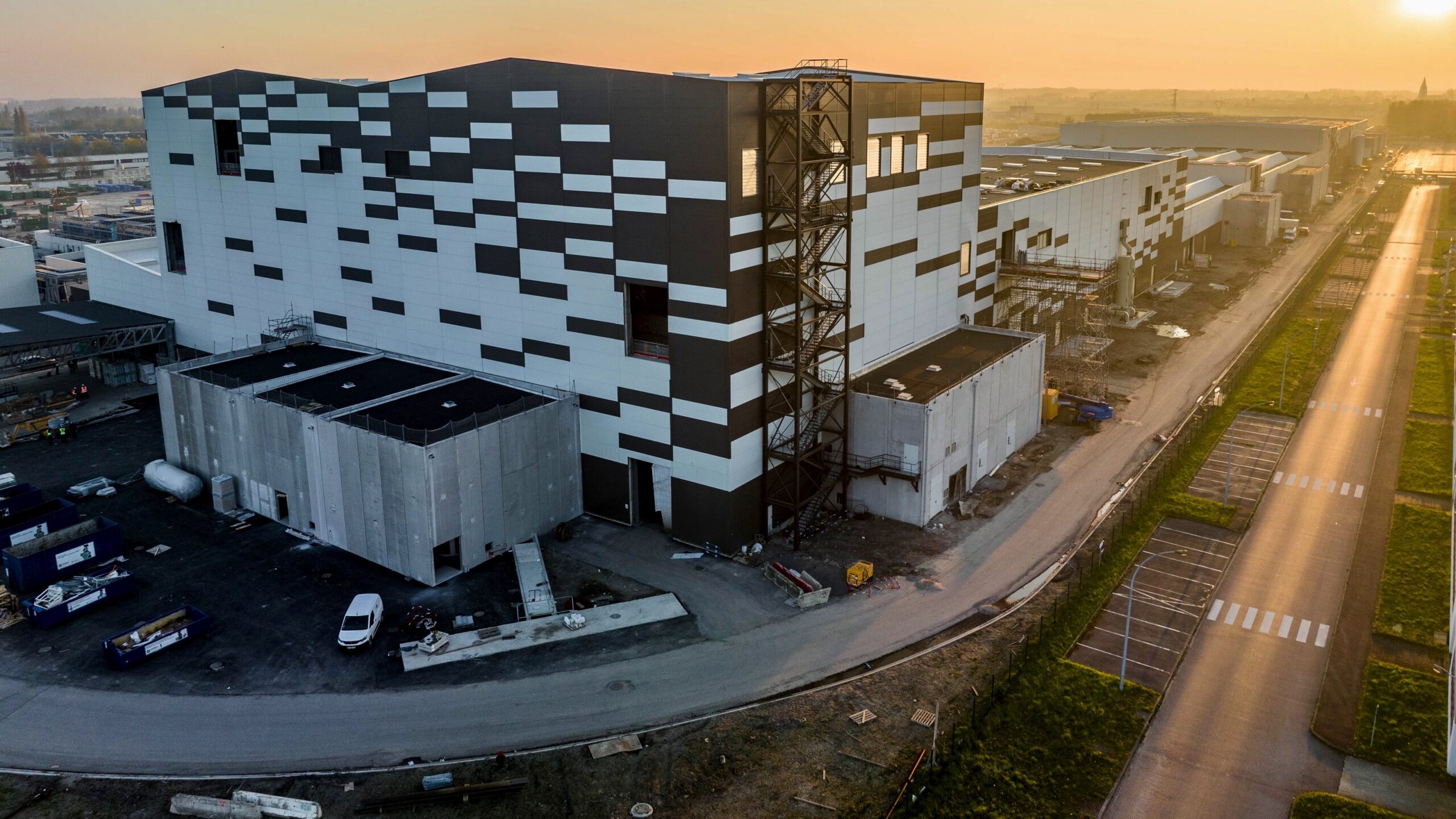
Despite the pause in construction, Mercedes-Benz remains committed to ACC and reaffirmed that its electrification strategy is still on course. The company continues to be a key player in the joint venture, which aims to support the transition to electric mobility in Europe.
As the EV landscape continues to shift, ACC’s decision to delay its expansion in Germany and Italy reflects the broader challenges facing the industry. The company’s focus on developing more cost-effective battery technologies could prove crucial in maintaining competitiveness in an increasingly crowded market.
Source: Reuters
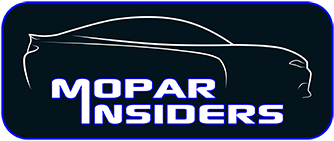

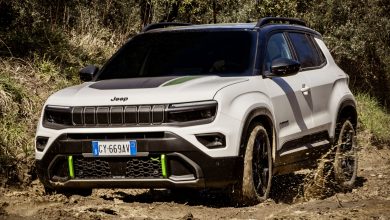
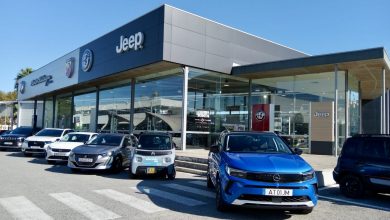
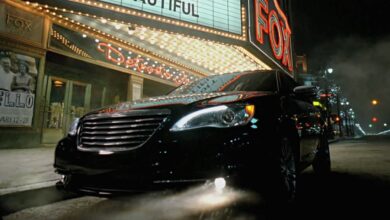
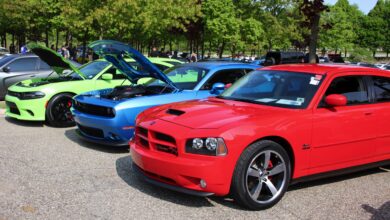
1 reply
Loading new replies...
Join the full discussion at the Mopar Insiders Forum →